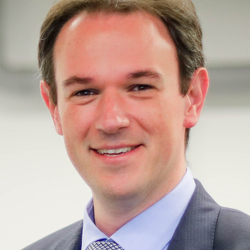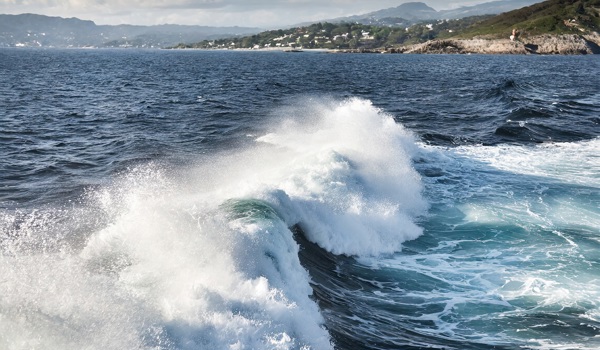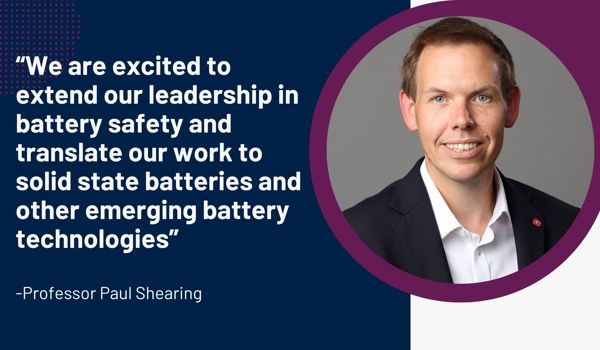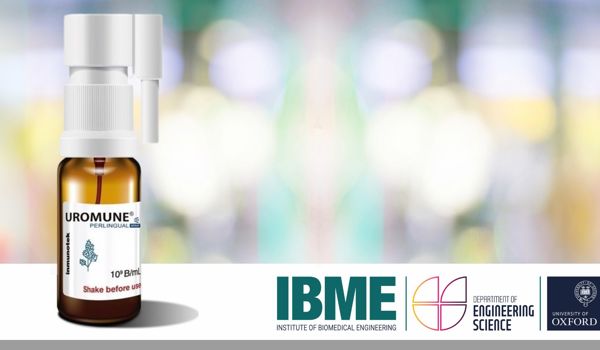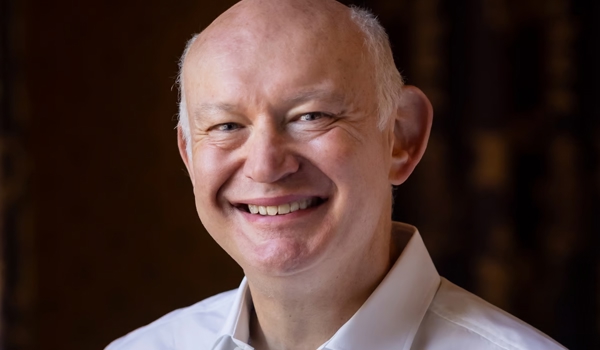Biography
Professor Raf Dewil is currently serving as a Full Professor at the Department of Chemical Engineering at KU Leuven (University of Leuven). He completed his BS and MS in Chemical Engineering from KU Leuven and earned his PhD in Bioscience Engineering from the University of Antwerp. Professor Dewil embraced the role of Visiting Professor at the Department of Engineering Science at the University of Oxford in June 2022. Professor Dewil's scholarly impact is reflected in his publication record of over 200 papers in international journals, receiving over 10,000 citations, and an h-index of 47 according to Web of Science.
He holds the position of Editor-in-Chief of the Journal of Environmental Management and serves on the editorial board of renowned international journals, including the Chemical Engineering Journal and Renewable Energy. Recognized as an authority in his field, he is frequently invited as a keynote lecturer at international conferences. An entrepreneur at heart, he co-founded the spin-off company InOpSys, based on his previous research on industrial sidestream treatment.
On top of his academic commitments, Professor Dewil also provides consulting services for various companies, utilizing his knowledge and industry experience to advise on sustainable and efficient practices. In his commitment to service, Professor Dewil served for six years as the chairman of the board of directors of the Belgian federation of wastewater treatment companies, watercircle.be, and has contributed to numerous society committees and review panels.
Research Interests
Leading a research team that primarily focuses on resource recovery from aqueous waste streams, Professor Dewil has a keen interest in hybrid processes that integrate both biological and chemical methods. His research specialities include electrochemical, photocatalytic, and catalytic advanced oxidation processes, including the design and application of innovative photo- and electrocatalytic materials.
The main application area is the removal of pharmaceuticals and other components of emerging concern from water. Additionally, he is engaged in the recovery of nutrients and valuable components from biological side and waste streams, which can act as energy carriers and renewable base chemicals. Recently, his research interests have extended into the field of renewable energy, with a particular focus on hydrogen production and CO2 reduction, where he applies his skillset in photocatalytic and biological processes.

